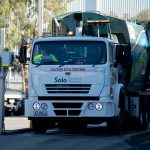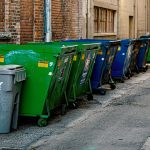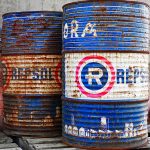Adelaide Waste Contamination
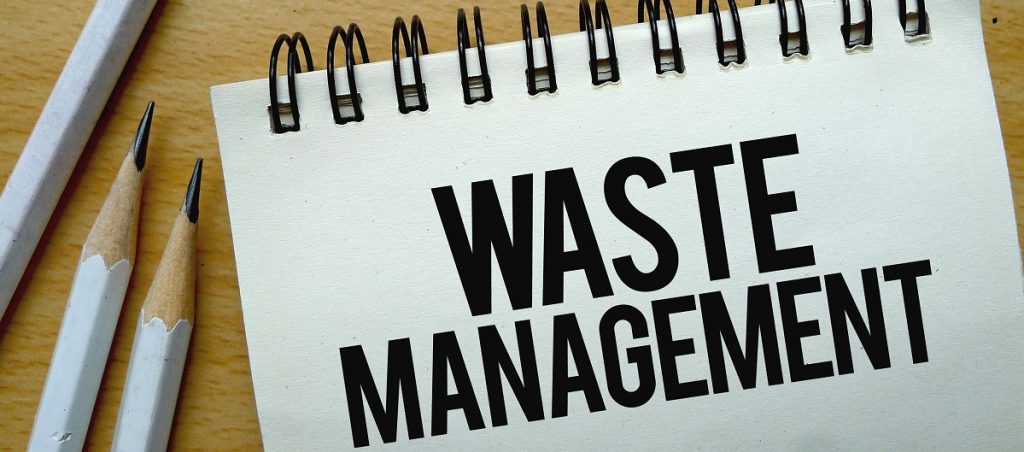
With challenges around China and Indonesia rejecting recycling waste, it is still upon us all to maintain our recycling habits so that we are ready for any improvements that may come to the waste industry. Adelaide waste contamination is a serious matter to discuss.
Most people are familiar with the word “contamination”. Although few residents may associate the word with the household waste they dump every day into their recycling or organic rubbish bins. More than ever, having no contamination in your recycling and organic bins is critical if these resources are to be recycled or processed for beneficial reuse.
Contamination strikes fear into the souls of those charged with safely and efficiently managing the thousands of tonnes of waste that a town or city may produce each day. Contaminating your recycling bin with general garbage can deem the whole bin unacceptable for processing into recycled products. The amount of recyclable materials unnecessarily lost to landfill can add up to thousands of tonnes each year.
The good news is the issue of Adelaide waste contamination can be vastly improved with a little public education and knowledge. The points below seek to help you, the resident or business owner, make informed decisions when utilising your recycling bins.
What exactly is waste contamination? Specifically we refer to the misappropriation of general waste into either the recycling bin or Green Organics bin, as contamination.
We also refer to contamination as items which have not been sufficiently rinsed or separated from the recyclable product, such as left over food in bottles, or recyclable items left inside plastic bags. A good common example is local newspapers delivered in a soft plastic sleeve, when the sleeve is not removed before disposal. When a resident disposes of recyclable waste into their (usually) yellow lidded recycle bin, any component other than the recyclable item itself constitutes a contamination event.
Even items typically classed as recyclable are considered and treated as contaminates if they are not properly prepared prior to disposal. The end result of Adelaide waste contamination is a high likely-hood that the item is rejected by the recycling station and instead goes into landfill, which is a lost opportunity to recycle, and an increased cost to the community.
Any recyclables that contain left over food, oils, or grease (unless directed otherwise by your local council) should be considered as contaminants, and not disposed into the recycling waste stream.
Main causes of recycling Adelaide waste contamination
- Contamination Item: Soft Plastic Bags; Plastic shopping bags and other items manufactured from similar materials, such as vacuum sealed products, bubble wrapping, Zip-loc lunch bags, newspaper sleeves, shopping bags, garbage bags and so on, are the worst of all known contaminates. Those soft plastic items can create un-manageable overheads for sorters who work at the recycling facility. Soft plastics can leave recycling centres with no choice but to direct the entire truck load to land fill. Contaminates can also jam machinery designed to handle recyclable materials only. They often tangle around shafts and hinder machinery and staff. It is important to review your local council policy as many are now providing special drop off points for soft plastic bags to be recycled. Such drop off points can be found at participating Coles and Woolworth’s stores for example.
- Contamination item: Food Residue; Items normally OK for recycling can turn into general waste items when not handled correctly. A few good examples of food residue contamination are pizza boxes with left over slices of pizza or chunks of pizza stuck to the box. In fact most cardboard food containers used for take-away foods are contaminated, and ultimately wind-up in landfill. Likewise with recyclable glass jars and recyclable tin cans which have not been emptied or rinsed. Again, check with your local council on items such as pizza boxes as it varies from council-to-council.
- Contamination item: Incorrect Plastic types; Accepted plastics can vary from council-to-council. It usually comes down to the various types of plastics and the type of product they held. In most cases food containers are accepted so long as they have been properly rinsed. Plastic vessels that held items other than food should be verified with the local council to see if that plastic type is accepted. A good place to start is by checking if a recyclable product logo is located on the item itself.
- Contamination item: Chemicals; Most councils have specific guide lines on waste items such as paint tins, motor vehicle fluids, Car Batteries, and pesticides to name a few. Some will designate a drop off point at a local recycling facility, other councils will accept some of those items into the recycling wheelie bin, (provided they are empty and sufficiently rinsed out). Verify with your local council before disposing into the recycling waste stream.
- Contamination item: Bio-Hazardous Waste; Used Syringes, used needles, nappies, sanitary products, and any other human waste products are all non recyclable.
- Contamination item: Frozen Food vessels; One could be forgiven for thinking that cardboard boxes from frozen items are great fodder for the recycling bin. Unfortunately not! That bright coating on the outside of those cardboard boxes have been formulated to withstand the conditions in a freezer and renders them non-recyclable.
- Contamination item: Un-prepared bottles; Prior to recycling any beer and wine bottles, take a few seconds to give them a rinse. Spillages from bottles can go on to contaminate other recyclable items, sending otherwise clean recycling items to landfill. Any glass bottles with metal lids should have the lid removed to improve the sorting of glass from metals.
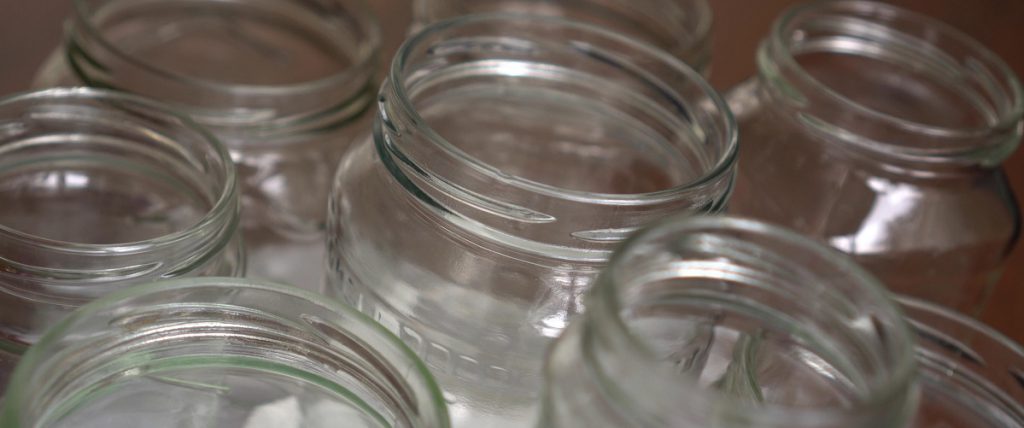
So what’s the relevance to an Adelaide resident?
Recycling is relevant to all Australians, and indeed across the globe. When the ratios of waste to recyclables is too high, it put’s more pressure on the sorting processes increasing time and labour costs. This puts the recycling centre under pressure to send the entire load to landfill. The breaking point for that decision depends on the rate of Adelaide waste contamination, and available resources. Typically most recycling centres have a low tolerance for sorting. Like any business they need to sell the product to stay in business. Like any other business, costs need to be managed, including the cost of sorting contaminates out of recyclables. Adelaide rubbish dumps or transfer stations and indeed all Australian rubbish tips, hold a level of complexity to manage which is not immediately noticeable to the residents.
Recycling machines
Recycling and sorting machines are specialised equipment of which repairs can be expensive. Plastic bags can wrap around and become lodged on moving parts resulting in higher costs to the recycling centre and additional time and effort for sorting staff who have to pull contaminates out of the machinery. As costs begin to tally the time available for sorting lessens. The Value of recyclable materials Apart from the obvious environmental benefits of recycling, the saleable commodities in your recycling waste carry a marketable value which underpins the success of the entire recycling operation. Each time a contamination event occurs, the overall value of the product is diminished or completely destroyed. This reduces the business benefits, and the recycling initiative in your local region could suffer. Indeed education is a key factor, and the decisions residents make has a huge impact on the success of the recycling business overall.
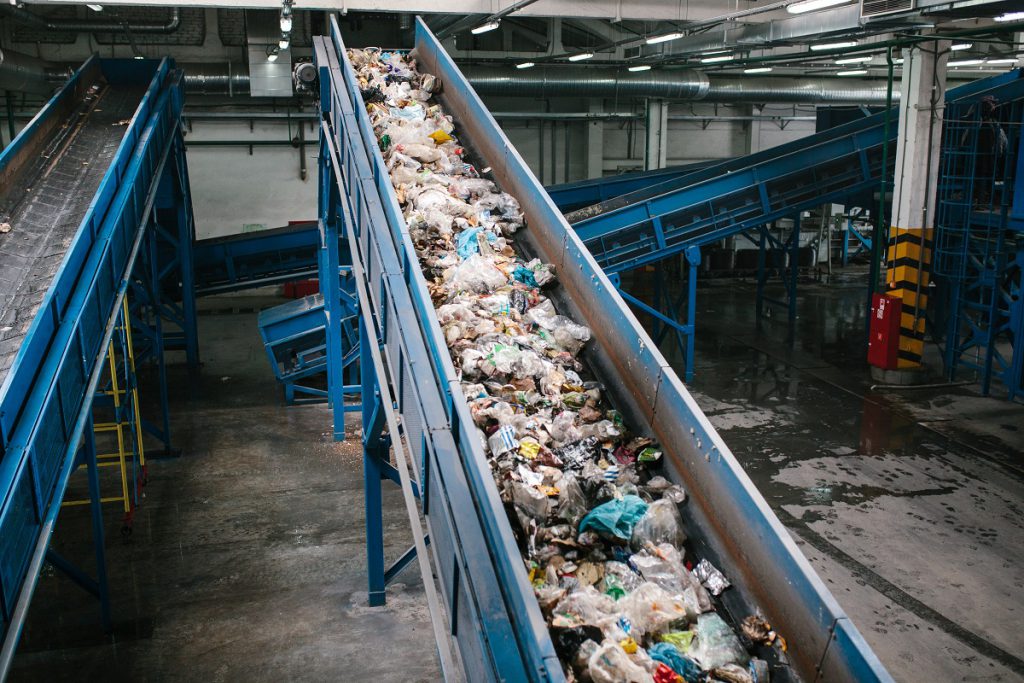
Let Adelaide residents lead the way!
Fortunately there is hope through waste education! The main steps for you to take are as follows:
- Education; The single best thing you can do is to learn what does and does not work for your local council recycling program. Research their website. Contact their contracted waste company and ask questions about items you are unsure of. Find out where the drop-off points are for those items which aren’t normally accepted in the standard three-bin waste stream, such as car batteries, oils, asbestos, and so on.
- Keep them separated; Take the extra few seconds to remove that plastic sleeve from the unread newspaper! Remove steel caps from glass bottles. Separate recyclable materials as much as practical.
- Rinse and repeat; Don’t throw recyclable items into the recycling bin without empting and rinsing the food or other residue first. Remember, the goal is to avoid sending our recyclables to the Adelaide landfill dumps where they will go to waste.
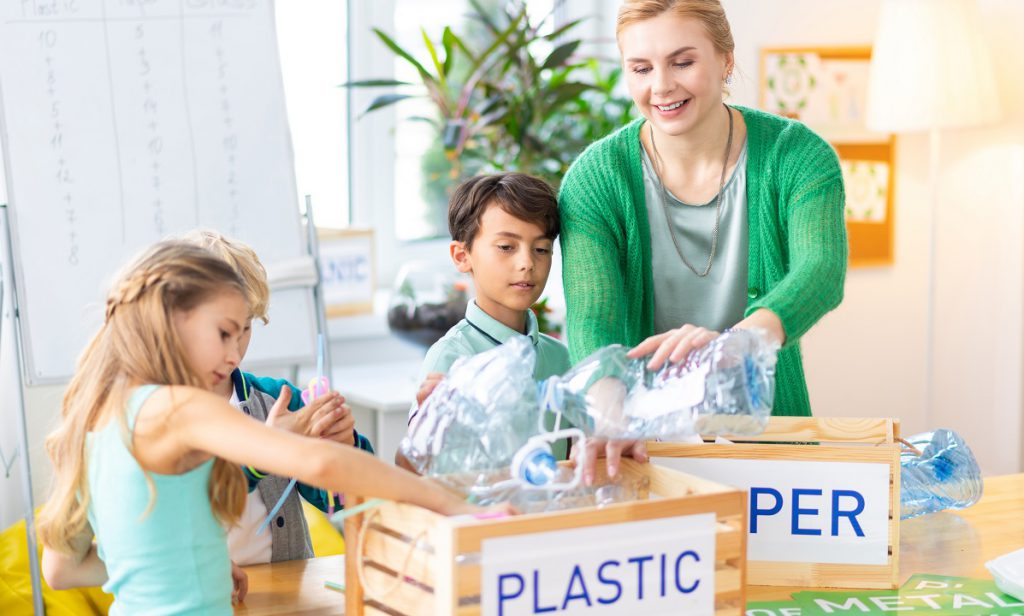
Adelaide Waste and Recycling Centre
Our friendly operators are available at the AWRC if you need to clarify any further information.
